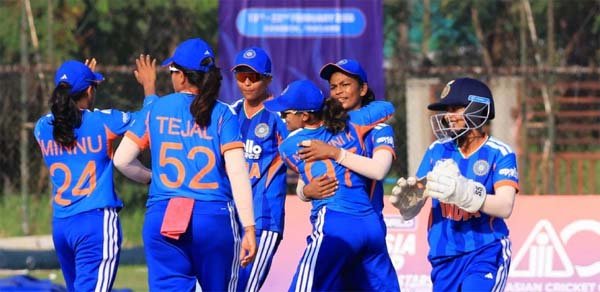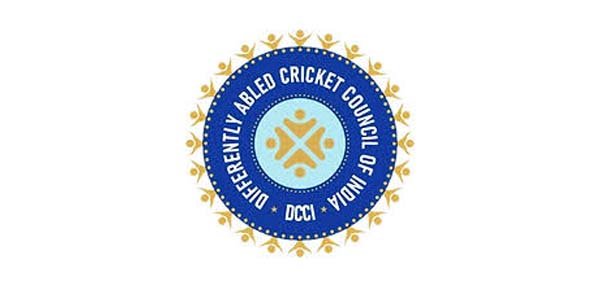New Delhi, July 31 (UNI) The Cabinet Committee on Economic Affairs (CCEA), chaired by Prime Minister Narendra Modi today approved four multi-tracking railway projects extending the Indian Railways network by approximately 574 km at an estimated cost of Rs 11,169 crore.
Thirteen districts in Maharashtra, Madhya Pradesh, West Bengal, Bihar, Odisha, and Jharkhand will be covered under these projects.
Slated for completion by 2028-29, the projects are expected to generate around 229 lakh human-days of direct employment during construction. The sanctioned works include the Itarsi–Nagpur fourth line, Aurangabad (Chhatrapati Sambhajinagar)–Parbhani doubling, Aluabari Road–New Jalpaiguri third and fourth lines, and Dangoaposi–Jaroli third and fourth lines, said an official statement here.
These capacity augmentation initiatives aim to enhance rail mobility, improve operational efficiency, and boost service reliability, addressing congestion and streamlining freight and passenger movement. The projects align with Prime Minister Modi’s vision of a “New India” by fostering regional development and generating employment opportunities, thereby promoting self-reliance, said the statement.
Planned under the PM Gati Shakti National Master Plan, the projects emphasise multimodal connectivity and integrated logistics, supporting seamless transportation of passengers and goods. The enhanced network will improve connectivity for nearly 2,309 villages, home to a population of around 43.6 lakh.
The routes are vital for the transport of key commodities including coal, cement, clinker, gypsum, fly ash, containers, agricultural products, and petroleum. The capacity increase is projected to add 95.91 million tonnes per annum of freight traffic, added the statement.
With railways being an environment-friendly and energy-efficient transport mode, the expansion is expected to contribute to the country’s climate goals by reducing oil imports by 16 crore litres and lowering CO2 emissions by 515 crore kilograms—equivalent to planting 20 crore trees. UNI AJ SSP











